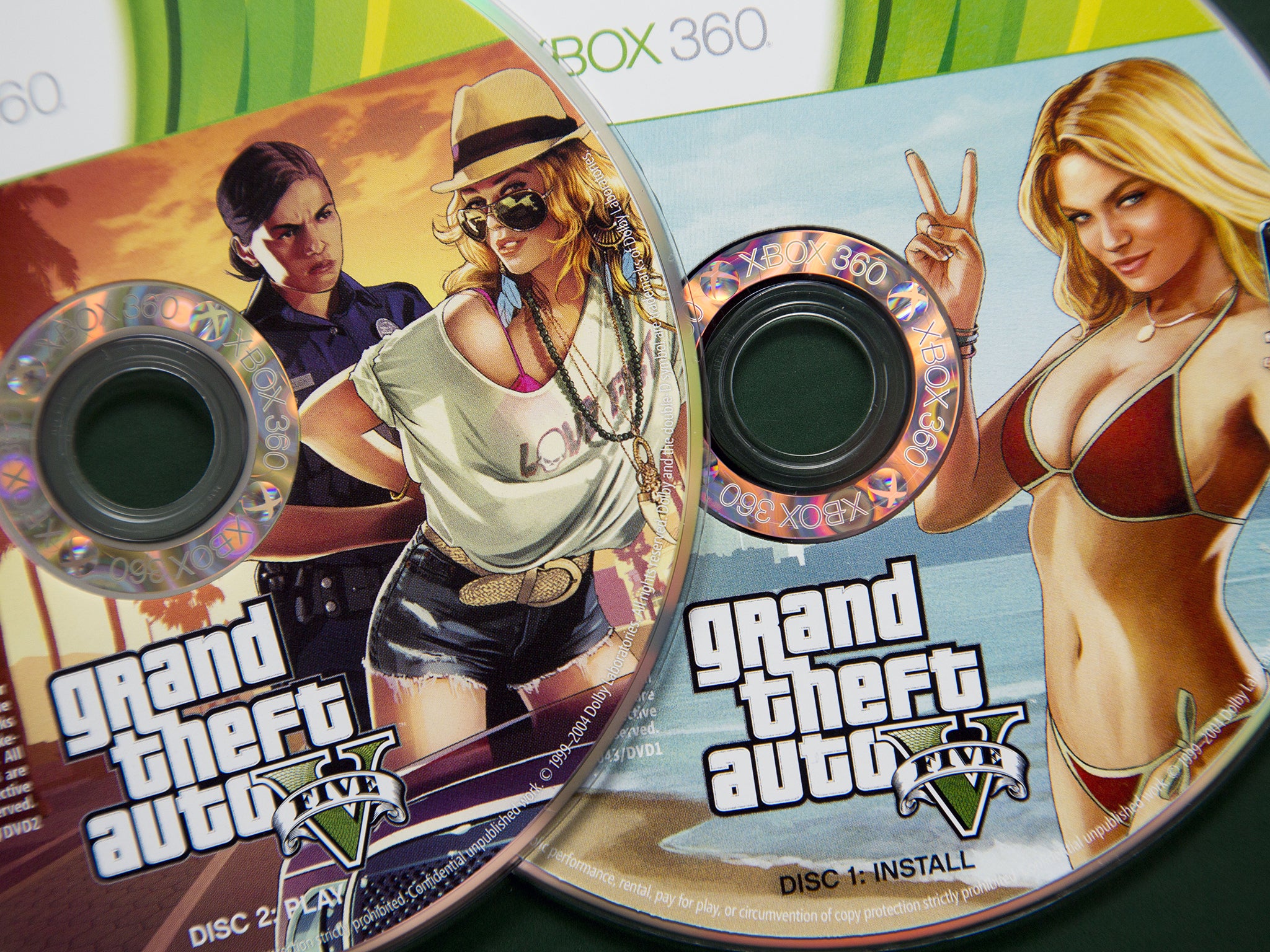National gaming archive would inspire the next Grand Theft Auto, report says
Gaming trade body tells Culture minister Ed Vaizey the fast-growing sector could generate a further £1bn a year by 2020

Your support helps us to tell the story
From reproductive rights to climate change to Big Tech, The Independent is on the ground when the story is developing. Whether it's investigating the financials of Elon Musk's pro-Trump PAC or producing our latest documentary, 'The A Word', which shines a light on the American women fighting for reproductive rights, we know how important it is to parse out the facts from the messaging.
At such a critical moment in US history, we need reporters on the ground. Your donation allows us to keep sending journalists to speak to both sides of the story.
The Independent is trusted by Americans across the entire political spectrum. And unlike many other quality news outlets, we choose not to lock Americans out of our reporting and analysis with paywalls. We believe quality journalism should be available to everyone, paid for by those who can afford it.
Your support makes all the difference.A national archive for computer gaming would symbolise Britain’s unique heritage in the sector and encourage the use of gaming skills in other areas of society, including medicine and engineering, the Government will be told today.
A major report by the gaming trade body UK Interactive Entertainment (Ukie), presented to Culture minister Ed Vaizey, predicts that the fast-growing sector could generate a further £1bn a year by 2020. Ukie, which wants gaming to have an archive equivalent of the British Film Institute, notes the impact of New York’s Strong Museum of Play, which houses exhibitions on the cultural value of gaming.
The UK has been a crucible of gaming culture and produced some of the global industry’s best-known franchises, including Grand Theft Auto, Tomb Raider and Batman: Arkham Knight.
In its report, titled Blueprint for Growth, Ukie says a museum and archive would use “distinct British games heritage and creativity” to inspire “a new generation of creators and players”.
Game changers: British ideas to savour
- Grand Theft Auto: Forget James Bond, GTA is the biggest-selling entertainment product in history and it’s made by Edinburgh company Rockstar North and has its origins in Dundee in 1997.
- Batman Arkham: Based on the DC Comics superhero but made by London-based Rocksteady Studios and directed by Brit Sefton Hill, the franchise began in 2009 and continued this year with Batman: Arkham Knight.
- Lego Star Wars: Combining the unmistakable plastic bricks and George Lucas’s light sabres, British companies Feral Interactive and Eidos Interactive created a long-running classic in 2005.
- LittleBigPlanet: Made by Guildford-based Media Molecule, LBP involves a beanbag character known as Sackboy or Sackgirl, or Sackperson. It has won multiple awards and sold 4.5 million copies in its first two years.
It identifies the “significant payoffs” from preserving “obsolete technologies” originally developed in Britain, in order to demonstrate the country’s legacy in gaming “as the remainder of the world increasingly recognises the cultural value of the industry”.
The report states: “The archiving of games and the creative process in developing them would preserve their record of cultural contribution and act as a resource for future talent looking for inspiration and ideas. Such an approach would see games and equipment preserved.”
Jo Twist, Ukie’s CEO, said that the archive could include exhibits from the invention of Grand Theft Auto and the creation in Britain of Tomb Raider’s star character Lara Croft.
“The creative process is largely unknown outside the sector and we need to preserve it,” she said. “We need young children who are playing games in their millions to be creating games in their millions, games that are distinctly British.”

The Science Museum in London, the National Media Museum in Bradford and the Videogame Arcade in Nottingham all retain historic gaming materials.
Ukie’s report, which notes that there are 2,000 gaming firms in the UK, identifies the potential impact of virtual reality gaming on other areas of society, notably science.
Join our commenting forum
Join thought-provoking conversations, follow other Independent readers and see their replies
Comments